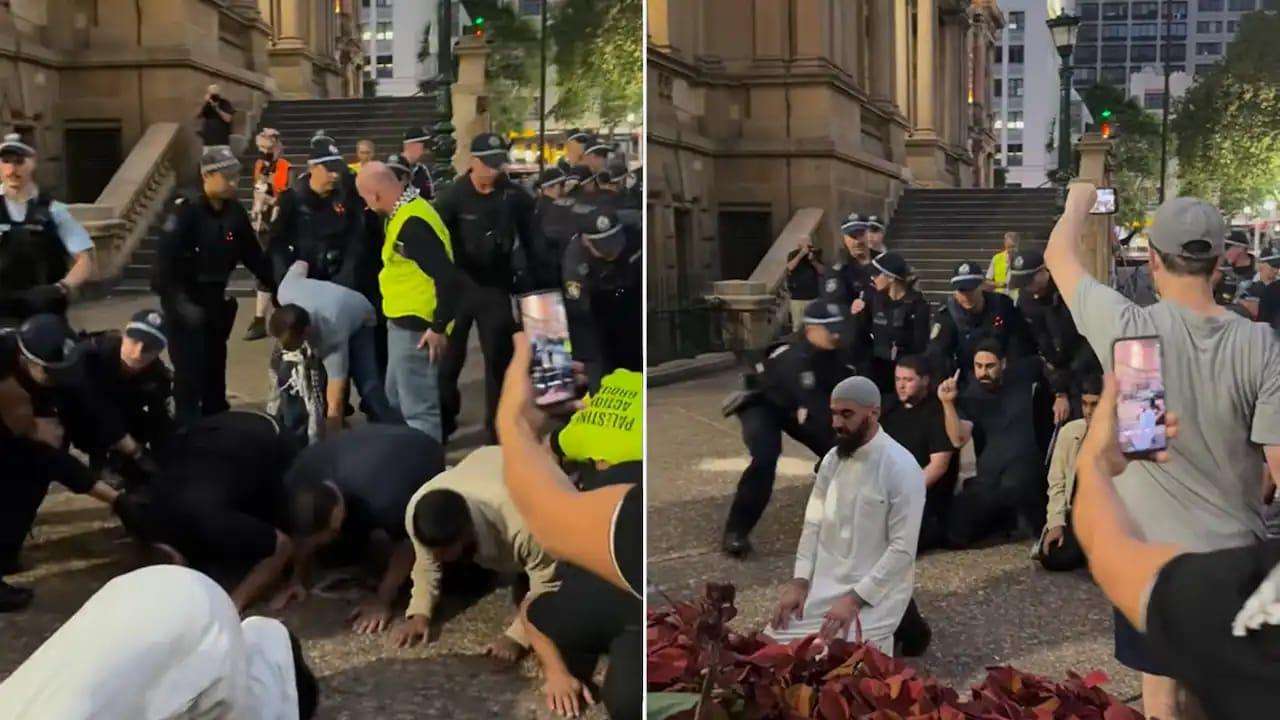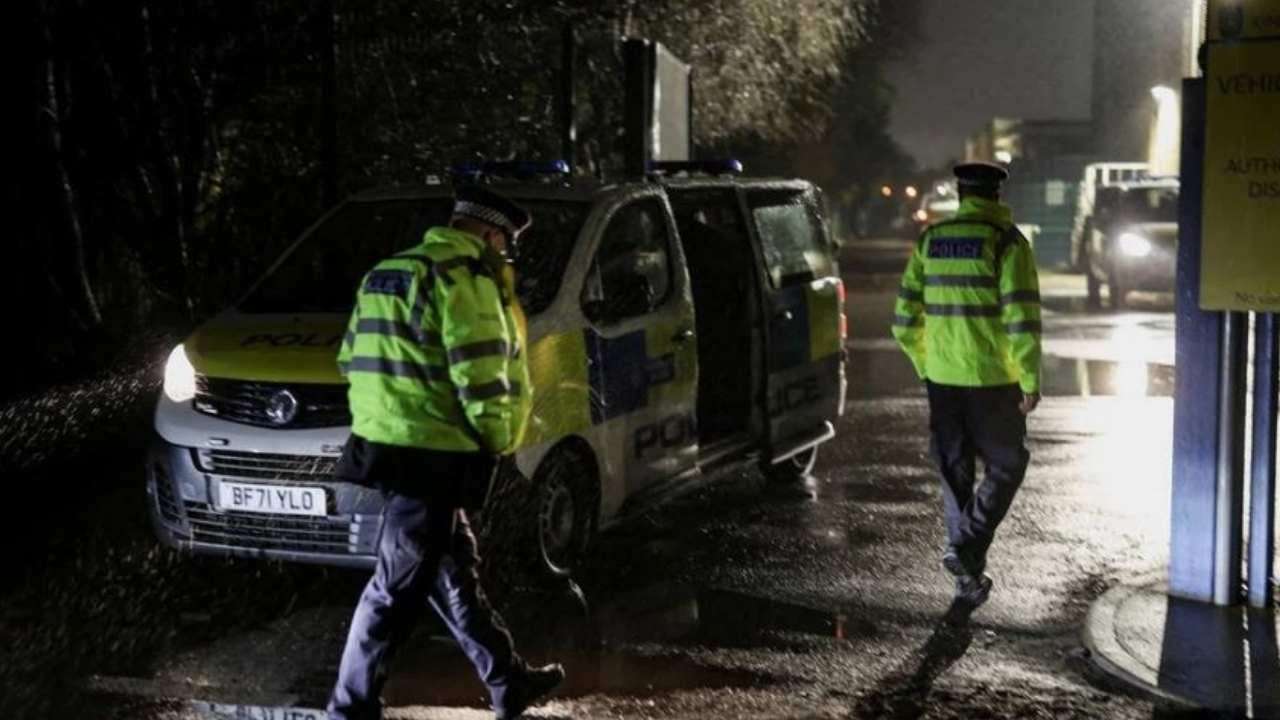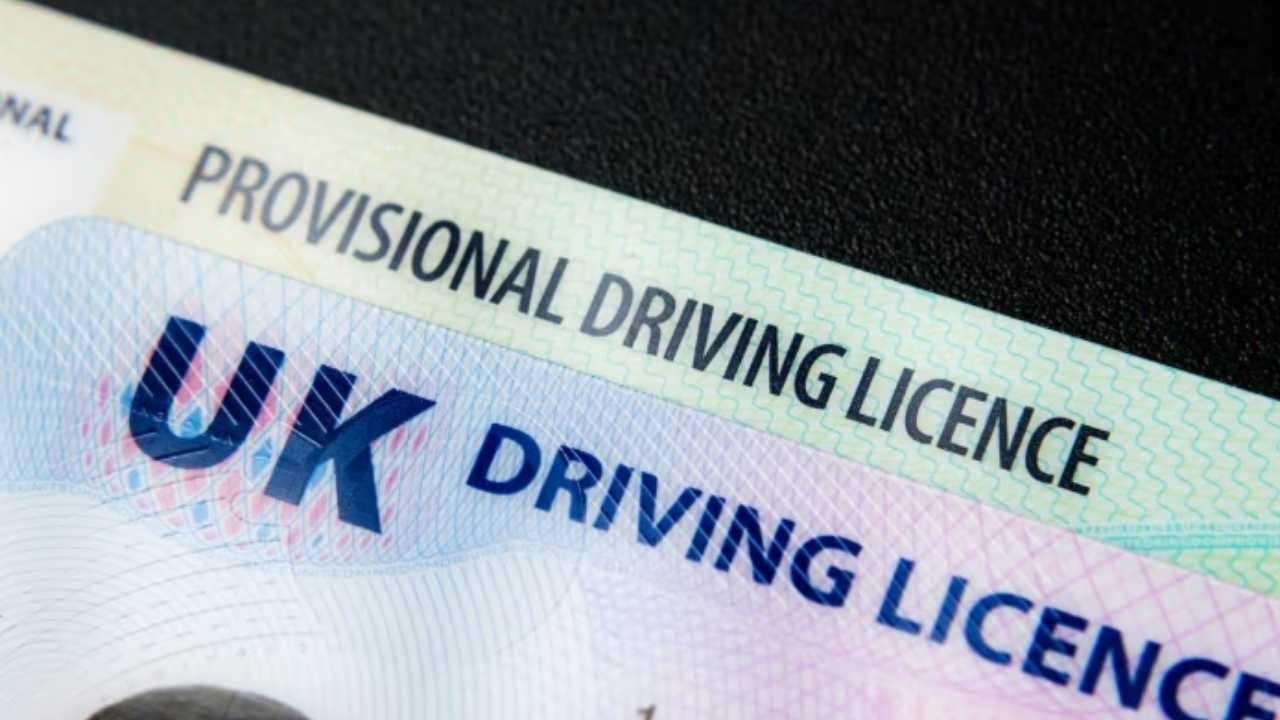Mahmood Unveils Hardline Migration Strategy, Vows to Close Dozens of Hotels
In a major policy shift, the newly appointed Home Secretary, Shabana Mahmood, is set to announce a comprehensive plan to transfer migrants from asylum hotels to former military bases and barracks across the UK. The move, seen as a significant escalation of the government's efforts to control migration and reduce taxpayer costs, is expected to result in the closure of dozens of asylum hotels that have been a focal point of recent public protests.
Shabana Mahmood, who recently took over the Home Office in a cabinet reshuffle, is the first Muslim Home Secretary and is facing immense pressure to tackle the rising number of Channel crossings. Despite her personal background, she has made it clear her primary objective is to enforce a "fair, managed migration system" and crack down on illegal immigration. This stance positions her directly against those who have arrived in the UK through "irregular" routes, including many Muslim asylum seekers. Her mandate is to implement a tough-on-migration policy that aligns with the government's pledge to "stop the boats."
The plan to utilize military sites is not entirely new. Previous governments had explored similar options, with sites like RAF Wethersfield and RAF Scampton being considered. However, this new initiative appears to be a more determined and widespread effort. The government aims to use these sites to provide "basic and functional" accommodation for asylum seekers, a move that is intended to be cheaper and more orderly than the current use of hotels.
Mahmood's strategy also includes accelerating returns deals with other European nations. The government is reportedly close to finalizing a returns agreement with Germany, building on an existing arrangement with France. The goal is to make it easier and faster to send back migrants who have no legal right to be in the UK, thereby deterring future crossings.
The new Home Secretary is also focused on expediting the asylum application process. The Home Office has already been working to increase the number of initial decisions made, with a significant rise in asylum claims being refused. This, coupled with the expansion of detention capacity at sites like Campsfield and Haslar, is part of a broader push to clear the backlog of cases and increase the pace of removals for failed asylum seekers and foreign criminals.
The suspension of new applications for the refugee family reunion route is another key element of the government's tightened immigration policy. The move, which is a temporary measure until spring 2026, requires refugees to apply through the standard family migration rules, which include meeting strict financial requirements. Critics have condemned this as a step that will close off one of the only safe and legal routes for refugees to reunite with their families.
While the government argues these measures are necessary to restore public confidence and control the borders, they have been met with criticism from humanitarian groups and opposition parties. Charities have warned that housing vulnerable individuals who have fled war and persecution in military barracks could be "grossly inadequate" and "re-traumatize" them. The policy is also seen by some as a politically motivated attempt to win back support from voters who have been drawn to the hardline immigration stance of parties like Reform UK.
Mahmood's first days in office signal a clear and unwavering commitment to a more restrictive immigration agenda. The success of this strategy will be measured not only by the reduction in hotel costs and Channel crossings but also by its ability to navigate legal challenges and humanitarian concerns.








.svg)

_3.jpg)
_4.jpg)
